Shock reduction to attract buyers
After two years of property market crisis, cities in China are allowing real estate companies to cut prices on new apartments to revive sales.
However, this policy quickly faced opposition from old homeowners because reducing house prices meant their property value dropped significantly.
China has long used strict government price controls to reduce risks in the property market. Official home price indices in major Chinese cities have remained relatively healthy despite a sharp decline in new home sales.
In Huizhou, a southern Chinese city, one of China's largest state-owned real estate developers slashed housing prices during the holiday season in early October. Apartments at the Poly Sunshine Town high-rise apartment complex were selling for half the price of similar apartments in 2020 and 2021.
This “massive discount” policy has met with opposition from investors who previously purchased homes at higher prices. Some have complained to local government officials, accusing the developer of harming former homeowners and demanding compensation.
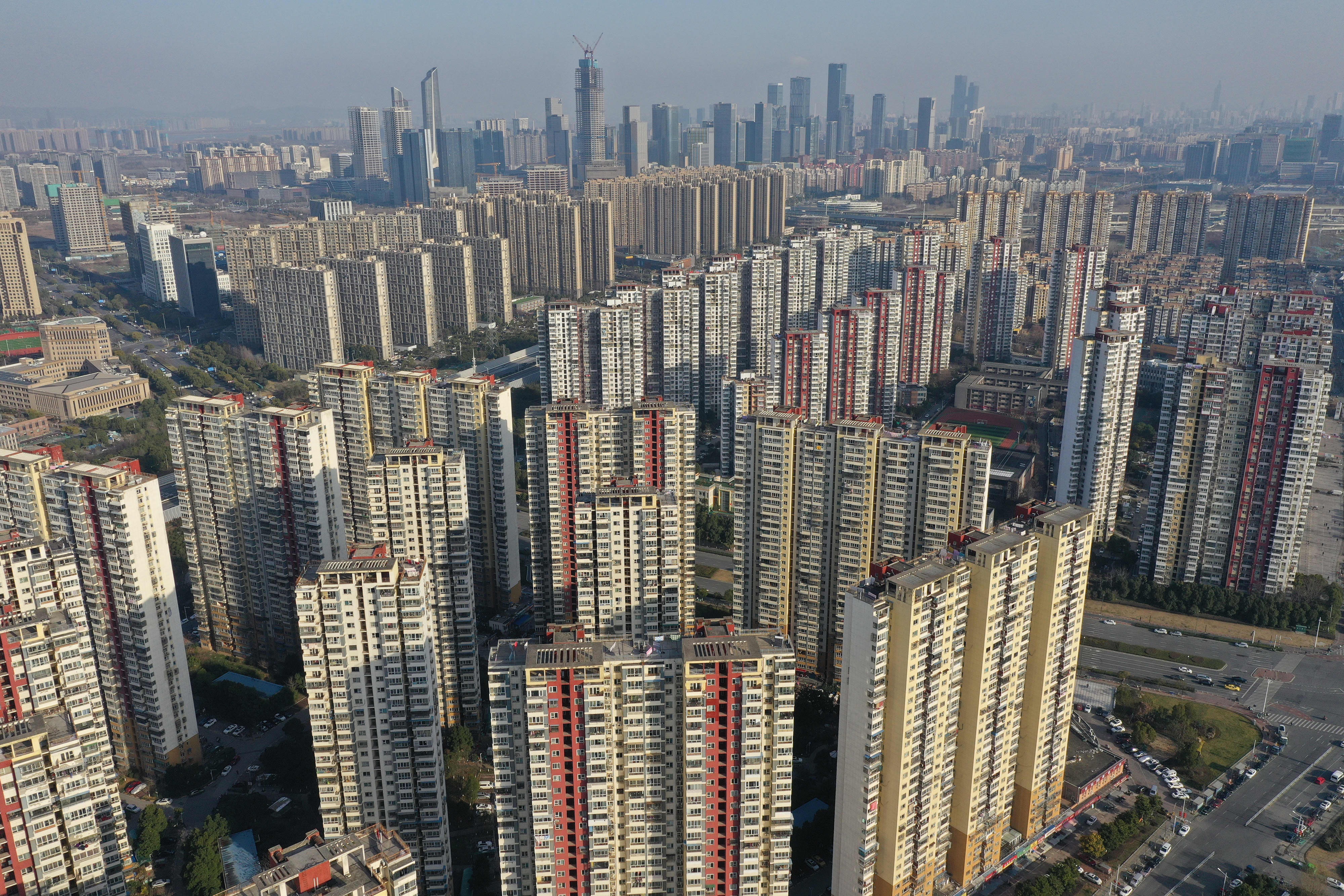
This "big discount" policy has met with opposition from investors who previously bought houses at higher prices (Photo: CNBC).
Under pressure from residents, the local real estate regulator had to order the developer to stop discounting and void all contracts with lower prices, according to National Business Daily .
Similar problems occurred in other provinces in October, according to real estate agents and local media. A state-owned real estate company in Wuhan also apologized and canceled new contracts for selling at lower prices.
The clashes illustrate China's difficulty in balancing trying to revive its flagging property sector without alienating previous investors.
Not only that, this measure could also damage consumer confidence by causing housing, one of their most valuable assets, to decrease in value.
“The immediate challenge is the tug-of-war between landlords, developers and local governments as the market continues to bottom out,” Bruce Pang, chief China economist at real estate services firm Jones Lang LaSalle, told the Wall Street Journal .
Chinese homeowners have been fiercely protesting against real estate developers cutting prices in apartment complexes where the previous selling prices were higher.
In 2008, the sales office of real estate developer China Vanke in Hangzhou was vandalized after the company cut home prices. In 2011, dozens of apartment owners in Shanghai protested outside the office of a real estate company that had cut the average selling price of its apartments.
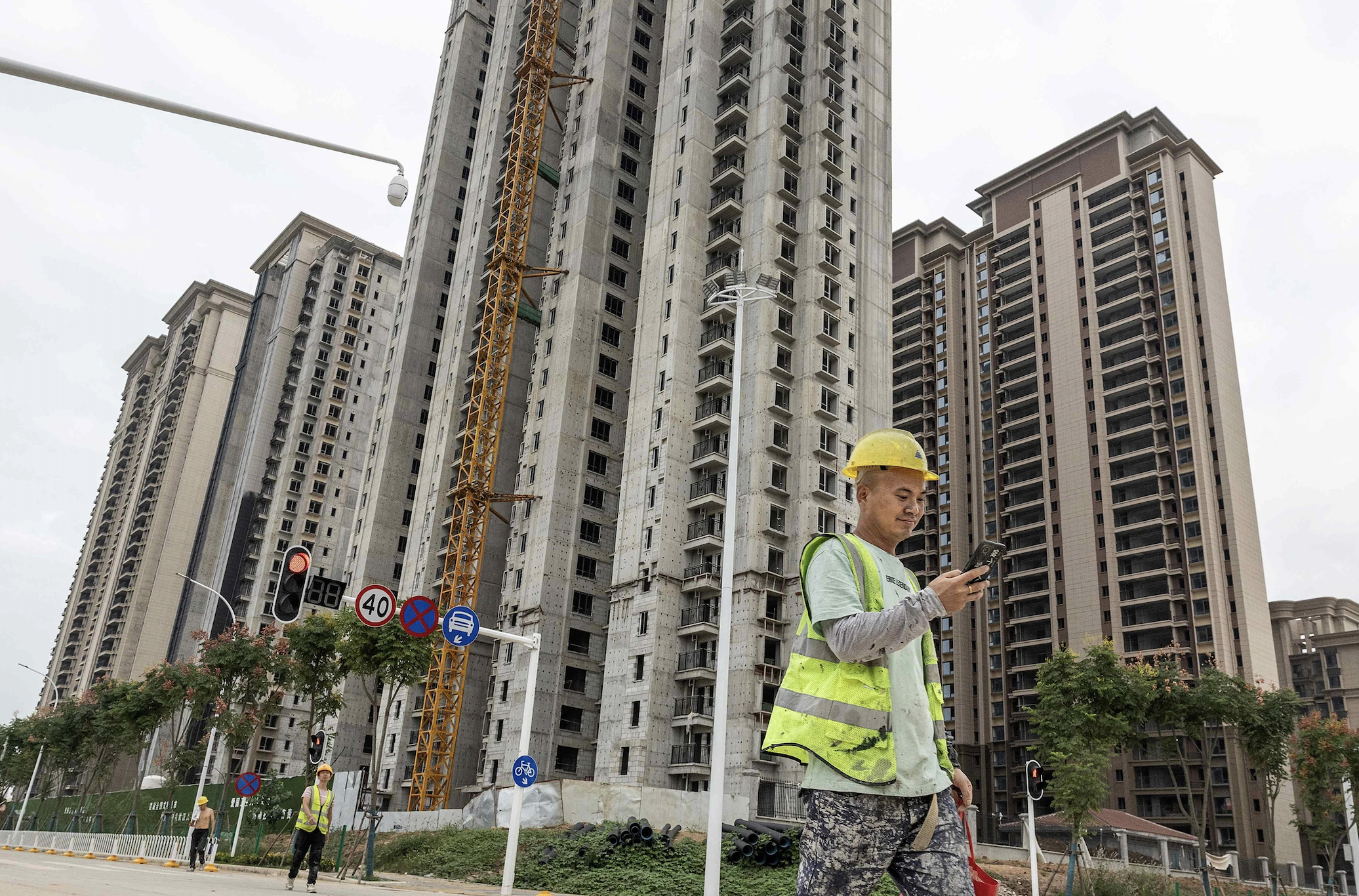
Chinese homeowners have strongly protested against real estate developers reducing prices in apartment complexes where the previous selling prices of apartments were higher (Photo: SCMP).
In mid-October, a video posted on China's social media platform Douyin showed a group of people demanding a refund of the difference between the purchase price and the new selling price outside the sales office of a real estate developer in Huizhou.
On a bulletin board used by residents to contact the Xiamen government, a post accused the developer of slashing the price by 500,000 yuan (US$75,000) overnight. They expressed their desire for the government to protect them, cancel the illegal sales contracts, and receive reasonable compensation for their losses.
The drag on economic recovery
The property market downturn has also become a drag on China’s economic recovery, with local governments and policymakers in Beijing making efforts to revive buyer demand.
The slump in sales was a major factor in Country Garden, China’s largest private property developer, defaulting on its international debt in October. The wave of defaults by dozens of developers has scared off many potential homebuyers, leading to a further decline in sales for property companies.
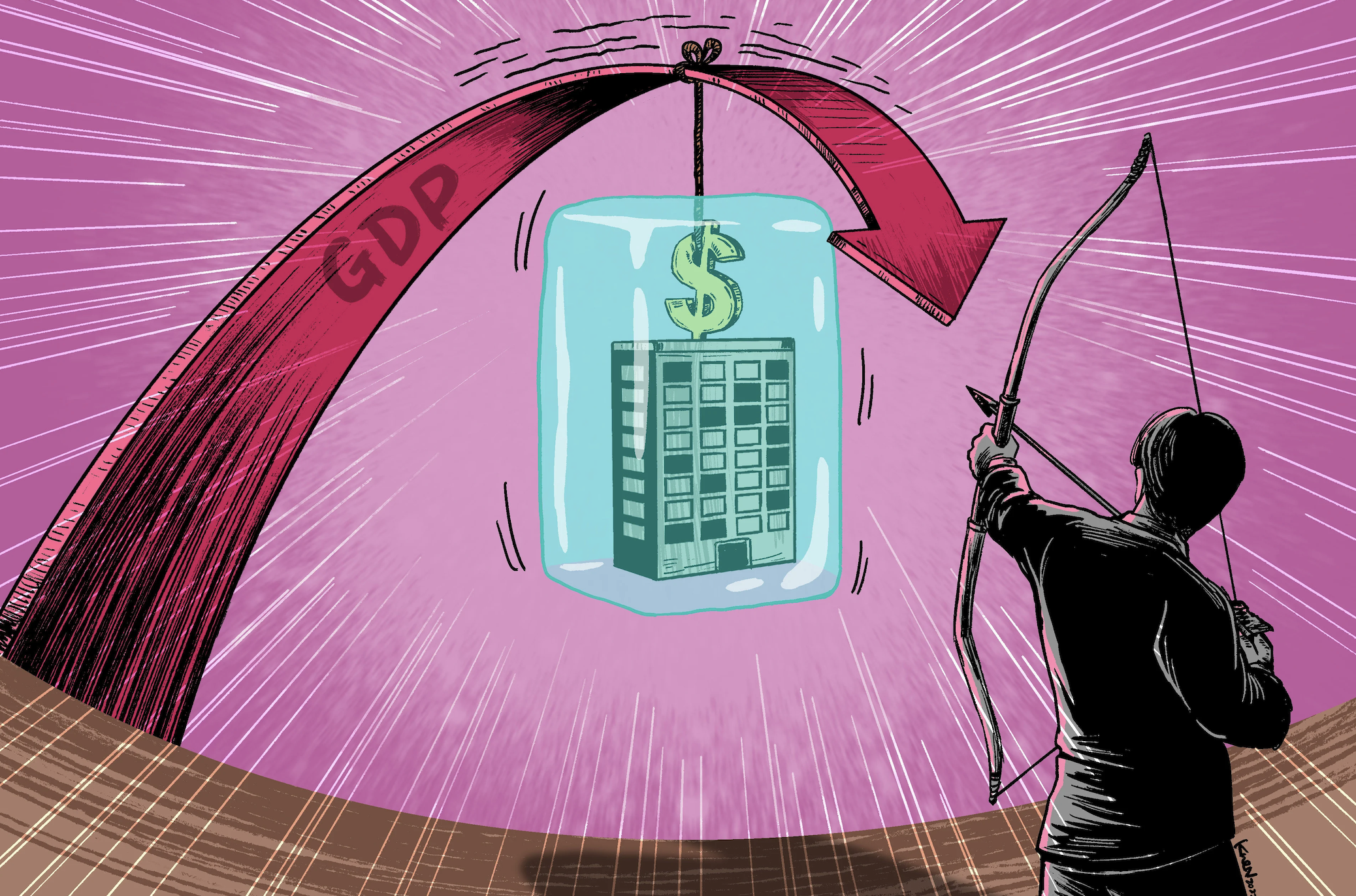
The real estate market downturn is also gradually becoming an obstacle to China's economic recovery (Photo: SCMP).
Poly Sunshine Town’s sales have been relatively healthy as buyers are turning to state-owned developers with greater financial security. But like many of its peers, the company has a large inventory of properties.
“If you look at it from the perspective of reviving the property market, you should let developers decide prices based on supply and demand, which could lead to significant price cuts,” An Wang, chief economist at Hang Seng Bank, told the Wall Street Journal .
She added that Chinese regulators want home prices to decline gradually or in a controlled manner, but that goal may be difficult to achieve in practice. If prices rise too much, it contradicts the principle that “housing is for living in, not for speculation.” However, a sharp decline violates the goal of stabilizing real estate prices.
Promotion, gold gift for home buyers
Beijing has signaled it will support property developers and tackle local government debt problems.
"Chinese policymakers emphasize that private and state-owned real estate companies are treated equally, and that businesses' capital needs will be met if they are reasonable," Maggie Wei of Goldman Sachs told CNBC .
In recent months, Chinese authorities have eased some restrictions on home purchases and sought to help developers complete projects for handover to customers.
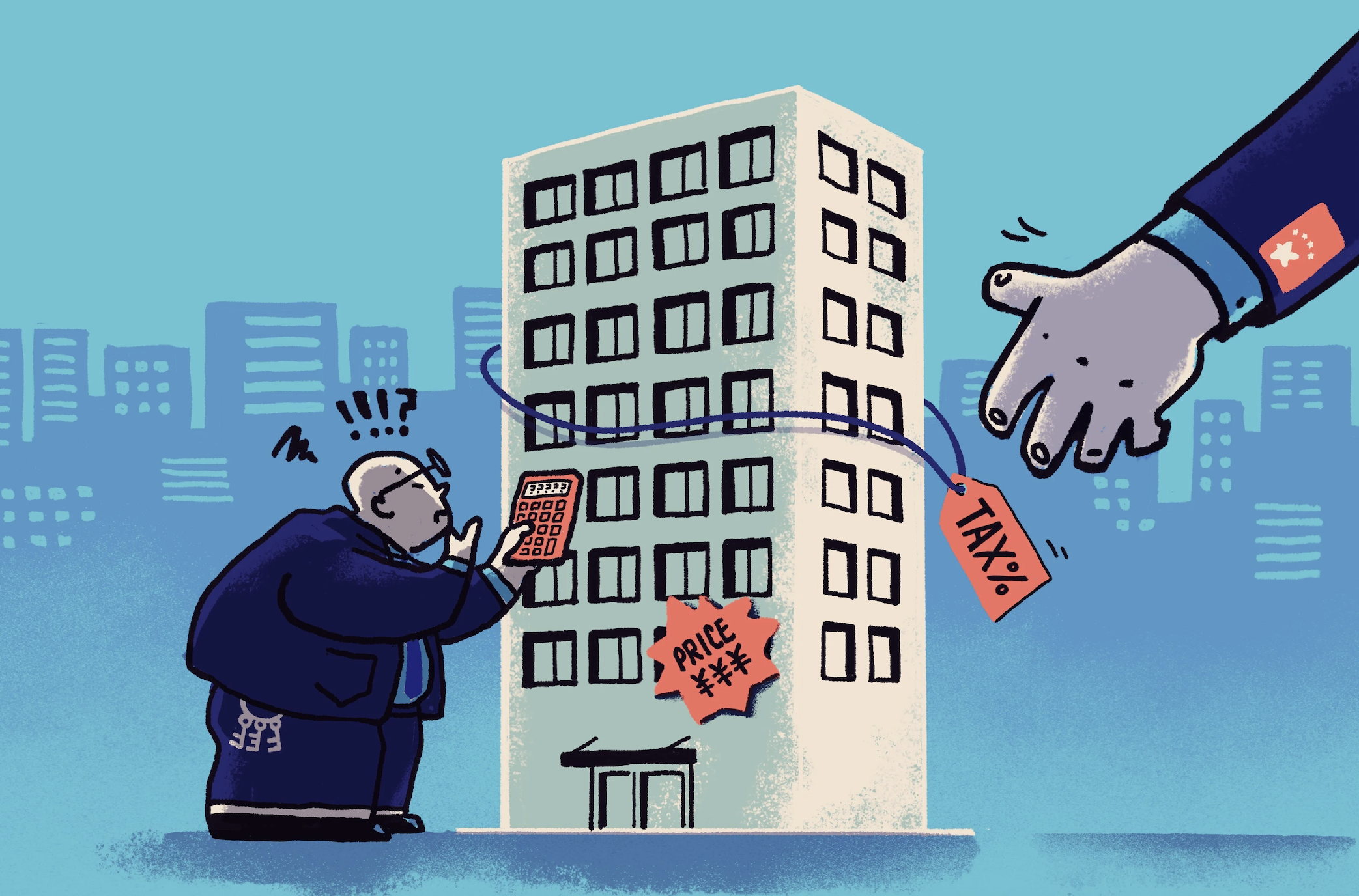
Some businesses have offered discounts by giving away free household appliances, parking spaces or even gold to apartment buyers (Photo: SCMP).
Chinese property developers must register their selling prices with local housing authorities before they can sell homes. Government price controls help keep home prices stable by effectively setting a floor for the housing market.
Cities large and small have begun to remove price caps and allow developers to set their own prices. Where restrictions remain, some developers have offered discounts by giving away free appliances, parking spaces or even gold to apartment buyers.
Beijing has also encouraged local governments to lift most home purchase restrictions, a recovery that experts say is almost a prerequisite for developers and the Chinese economy as a whole.
Source































































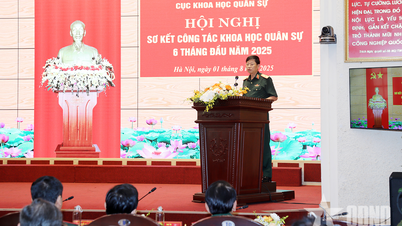






































Comment (0)